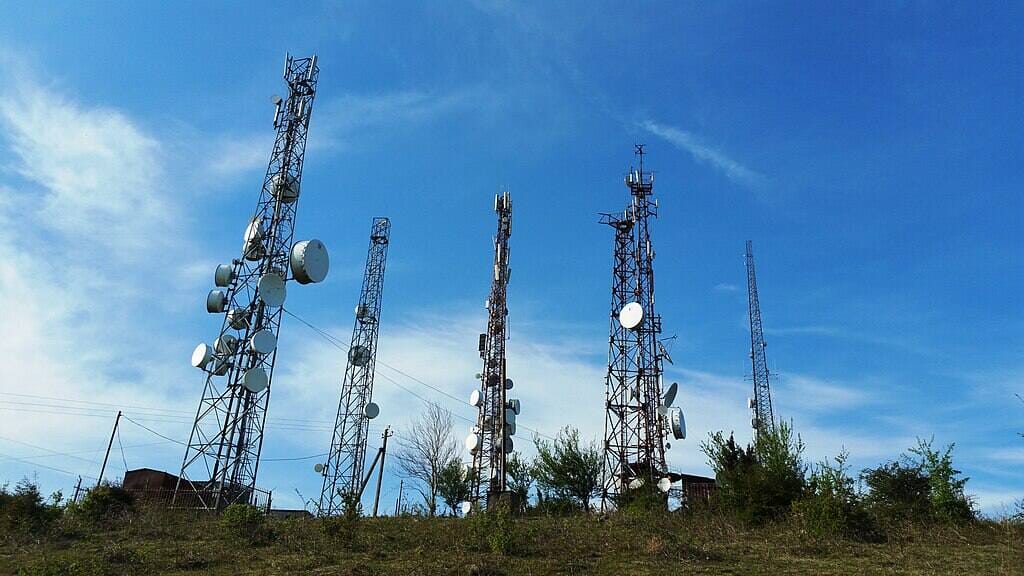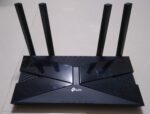SpaceX has agreed to purchase wireless spectrum licenses from EchoStar for $17 billion, a move that will boost Starlink’s direct-to-cell capabilities while ending EchoStar’s plans to build its own satellite phone network.
The deal, announced September 8, will transfer EchoStar’s AWS-4 and H-block spectrum to SpaceX in exchange for up to $8.5 billion in cash and up to $8.5 billion in SpaceX stock. SpaceX will also cover about $2 billion in interest payments on EchoStar’s debt through November 2027.
This marks a major strategy shift for EchoStar, which just five weeks earlier had awarded Canadian company MDA Space a $1.3 billion contract to build 100 low Earth orbit satellites. EchoStar has now canceled that contract and abandoned its plans to create its own direct-to-device satellite constellation.
Instead, EchoStar’s Boost Mobile customers will gain access to SpaceX’s Starlink direct-to-cell service, extending phone coverage to areas without traditional cell service. “This transaction with SpaceX continues our legacy of putting the customer first,” said Hamid Akhavan, EchoStar’s CEO.
similar posts
He explained the deal “allows for the combination of AWS-4 and H-block spectrum from EchoStar with the rocket launch and satellite capabilities from SpaceX to realize the direct-to-cell vision in a more innovative, economical and faster way.”
The spectrum licenses, which operate in the mid-band/2 GHz range, are valuable for mobile-satellite services. They will allow SpaceX to operate its direct-to-cell service on frequencies it owns rather than relying on partnerships with mobile carriers like T-Mobile.
Gwynne Shotwell, president of SpaceX, said the deal will help the company “end mobile dead zones around the world.” She added, “With exclusive spectrum, SpaceX will develop next-generation Starlink Direct to Cell satellites, which will have a step change in performance.”
SpaceX claims the new spectrum will enable upgraded satellites that could expand network capacity by “more than 100 times.” The company has already launched over 8,000 Starlink satellites since 2020, with approximately 600 direct-to-cell capable satellites deployed since January 2024.
The deal comes after months of tension between the companies. SpaceX had previously urged the Federal Communications Commission (FCC) to reallocate what it called EchoStar’s “chronically underused” spectrum in the 2 gigahertz band. This pressure prompted an FCC investigation into whether EchoStar was meeting its obligations to deploy 5G services.
EchoStar expects this transaction, combined with its recent $23 billion spectrum sale to AT&T in August, will resolve the FCC’s inquiries. An FCC spokesperson expressed support, saying the deals “hold the potential to supercharge competition, extend innovative new services to millions of Americans, and boost U.S. leadership in next-gen connectivity.” News of the deal sent EchoStar’s shares up 19% in early trading, while major wireless carriers saw their stock prices fall, with AT&T and T-Mobile down more than 3% and Verizon dropping over 2%.
The transaction represents one of SpaceX’s largest acquisitions and signals the company’s ambitions in the emerging satellite-to-phone market. SpaceX’s next-generation Starlink satellites will require its massive Starship rocket, which is expected to begin operational Starlink missions early next year.
After the sale, EchoStar will continue operating its satellite television service Dish TV, streaming platform Sling, internet service Hughes, and its Boost Mobile brand.







